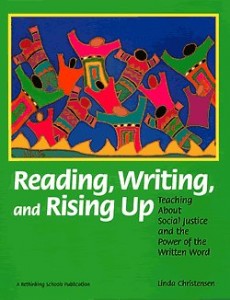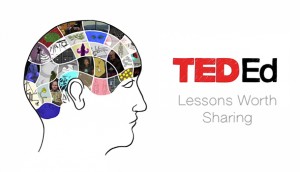I decided to focus on finding resources for US history teachers.
The first is a site called Digital History. It is very useful because it has an interactive timeline with important historical events, archives of primary source documents (speeches, letters, etc.), examples of lesson plans with suggested critical thinking questions to pose to the students, and a long list of historical Hollywood movies that could be used in the classroom.
Another good resource is a website called History Matters. I like this one because it has various forums where teachers talk to each other about tips and strategies they use in the classroom. There is also a forum for student work where many teachers have uploaded student projects and papers. It might be a good idea to have students evaluate these samples of work by other students to get them thinking about what makes a good project/paper. The website also has a “digital blackboard” with tons of sample lesson plans and class activities.
I really like that these websites exist to allow teachers to talk to each other about strategies and share resources. I think it is a very useful way to use technology.



